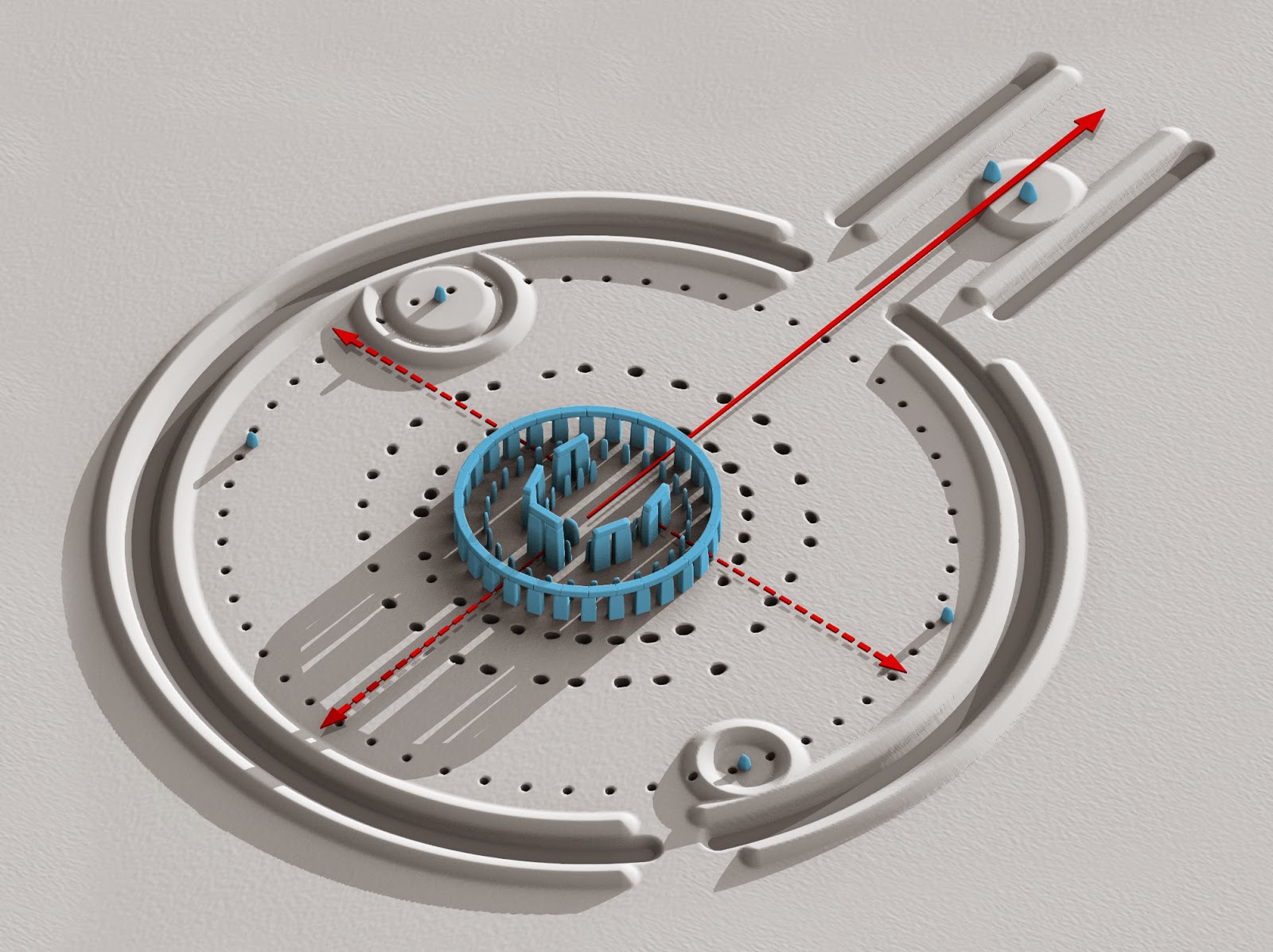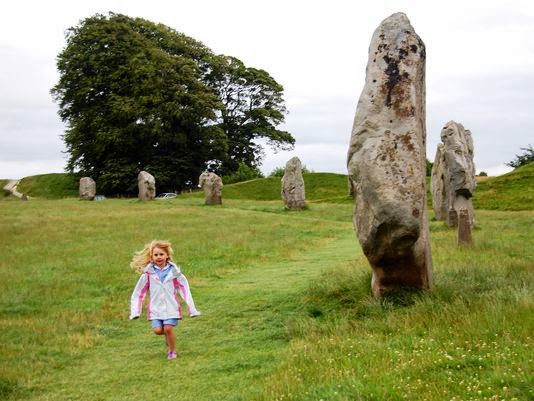Archaeologists have
revealed or rewrite the pages of British history by discovering the mystery
behind ancient monument Stonehenge.
Such 2400 BC
prehistoric monument is placed in Wiltshire, England. It is still remaining a
ring of standing stones in the north-west of Salisbury and Amesbury.
These famous stones
have a contradictory belief about its previous inhabited area.
Even the findings like animal bones, charcoal samples and flint tools provide another turn to the Stonehenge history.
Even the findings like animal bones, charcoal samples and flint tools provide another turn to the Stonehenge history.
The most important
fact about the management of such huge sized stones was the use of general
tools at the primitive stage which offer this amazing structure.
This mysterious
place never fails to impress any viewer along its charming and thoughtful
creativity.
Sarsen, Bluestone,
Welsh Sandstone are the types of stones around 26 tons each used in this
impressive structure. In the three phases of construction there was use of
around thirty million hours of labor as per an estimate.
There is no written
language or evidence about the Stonehenge construction. In the circular ditch of
30 Sarsen stones, currently there is only 17 stones are in standing position.
In the ring there
is a set up of five trilithons, in a horseshoe shape. In the front or open side
there is a heel stone at around 120 feet distance from the circle.
There is prediction of moon movement study with the rectangular set of ‘station stones’ outside the ring.
There is prediction of moon movement study with the rectangular set of ‘station stones’ outside the ring.
The
strangest thing about this monument is it’s intact and elaborate ring that carries
huge sized stones.
The largest one is Avebury of 60 tons, which covers around 28 acres. So, how the builders did handle such massive rocks with the help of primary tools.
The largest one is Avebury of 60 tons, which covers around 28 acres. So, how the builders did handle such massive rocks with the help of primary tools.
An excavation of
graves provides the evidence about its religious touch or a healing center. The
sitting position of the stones provides an astronomical significance.
So, there was
comfort in the prediction of seasons, sunrise, the longest day of year,
eclipses and several relations with moon, stars, sun and other sky elements…













No comments:
Post a Comment